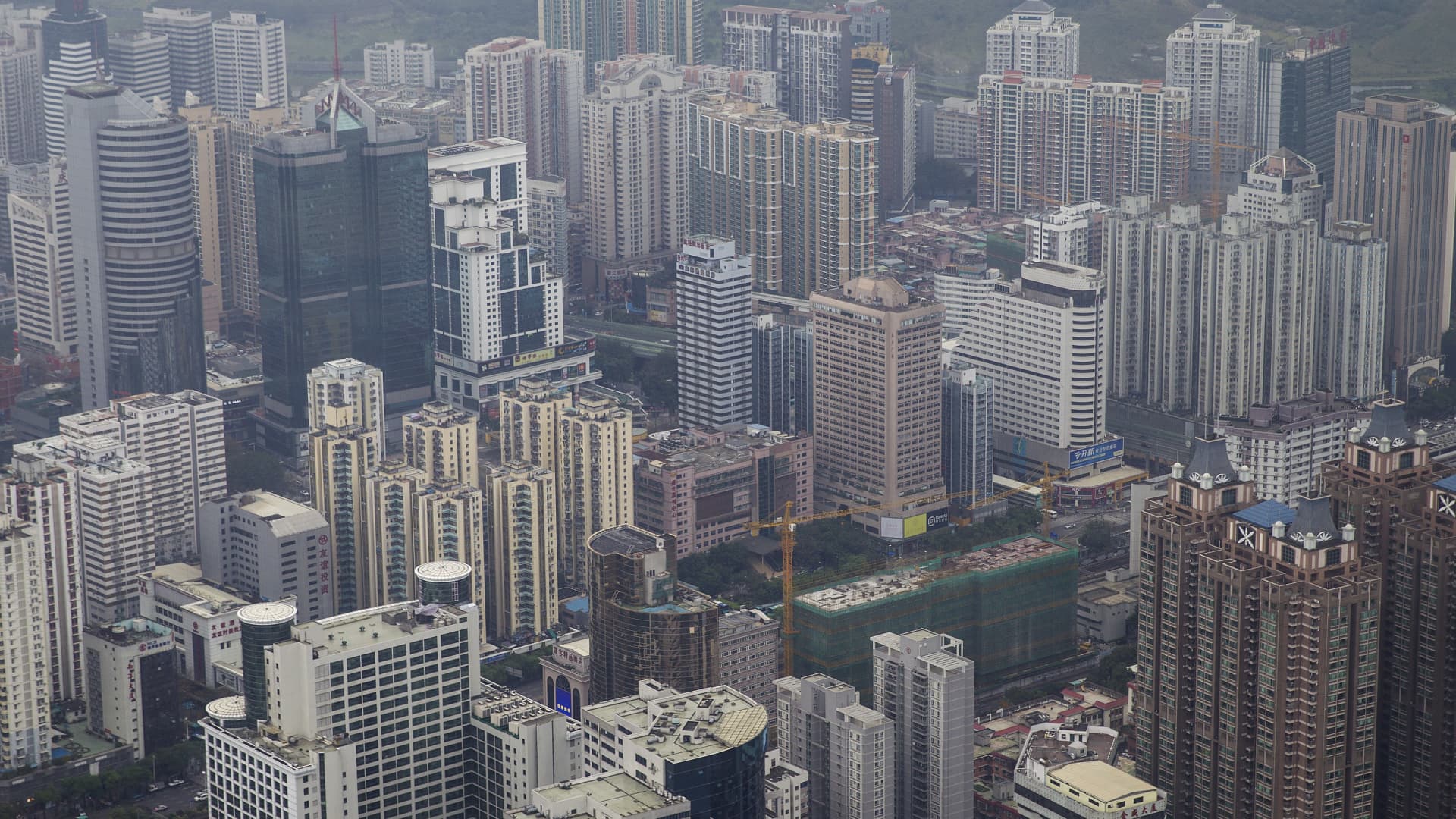A lead China official called for tighter secrecy in the energy sector to protect national interests against hostile foreign forces, echoing a broader crackdown impacting the country’s investment landscape.
“It is necessary to increase propaganda around ensuring confidentiality, give full play to the traditions of confidentiality in nuclear, petroleum and other energy industries, organize and hold various activities, actively foster a culture of protecting secrets and extreme discretion,” Zhang Jianhua, the director of China’s National Energy Administration, said in comments published on the agency’s website on Wednesday translated by CNBC.
Zhang urged the steps — which include preventing the leaks of key technologies in the energy sector — while citing the priority of national interests in the face of a “hostile” international landscape.
“The energy transition has some contradictions and difficulties — these very often are the focus of foreign hostile forces that want to steal and attack. They are fixed on our country’s energy sector, have increased collection of all kinds of data and information, in order to distort and slander China’s energy strategic planning, transformation, development, and other work, and interfere and influence our hard-won secure and stabile environment,” he said, without disclosing the names or nature of these forces.
China’s influential status as the world’s largest energy consumer has proven a double-edged blade. Zhang warns one must be “soberly aware” that his country depends on foreign oil and natural gas for up to 70% and more than 40% of its requirements, respectively. He reiterated Beijing’s oft-stated aims to increase self-sufficiency in energy — a target that analysts at Goldman Sachs in March believed China is on track to reach by 2060, if it continues its renewable investments and advances in wind turbines, solar panels and hydrogen as planned.
In turn, global suppliers depend on China’s active fossil fuel purchases and were struck — especially in the oil sector — by Beijing’s slower-than-anticipated economic revival, following the removal of spartan Covid-19 restrictions since the start of the year.
China’s high consumption has also bolstered its carbon dioxide emissions, Zhang says, against the backdrop of Beijing’s pledge to decarbonize by 2060.
“The task of promoting carbon peak carbon neutrality is arduous,” he warned.
Security vulnerability
National security has been a focal pillar of the Beijing administration since President Xi Jinping stepped into power. Critically, China in April passed a sweeping revision to its espionage law that prohibits the transfer of any information related to national security, broadens the definition of spying and gives expanded powers to authorities carrying out espionage investigations.
The crackdown and its potential for abuse and arbitrary enforcement have raised concerns in the investing community.
“Beijing views inadequate government control of information within China and its outbound flow as a national security risk,” the U.S. National Counterintelligence and Security Center said in a note in June.
“These laws provide the PRC government with expanded legal grounds for accessing and controlling data held by U.S. firms in China. U.S. companies and individuals in China could also face penalties for traditional business activities that Beijing deems acts of espionage or for actions that Beijing believes assist foreign sanctions against China. The laws may also compel locally-employed PRC nationals of U.S. firms to assist in PRC intelligence efforts.”
Beijing and the U.S. have sustained an intensifying diplomatic and trade rivalry that culminated in Washington’s accusations of espionage in February, after a Chinese high-altitude balloon floated over the United States. The White House has pursued a strategy of de-risking and diminishing its commercial dependencies on China, with President Joe Biden last week signing an executive order to regulate U.S. investments that support China’s development of sensitive technologies.
Washington on Wednesday once more signaled concerns over Beijing’s political opacity.
“As we’ve said many times before, there have also been transparency issues, as we know, when it comes to — when it comes to the PRC and on the economic data, specifically,” U.S. Press Secretary Karine Jean-Pierre said in a press briefing.
— CNBC’s Evelyn Cheng contributed to this report.
